Archeologists unearthed a 3,000-year-old silver cup during archaeological excavations in the northwestern Iranian city of Khalkhal on Wednesday.
Nader Fallahi, head of the Directorate General of Heritage, Handicrafts, and Tourism of Ardebil told Iranian state agency IRNA that the silver goblet was found during archeological excavations carried out in the Khalkhal district. Nader Fallahi, the director of Cultural Heritage, Handicrafts and Tourism Department of Ardebil, said that the silver cup dates back to Iron Age.
He said that new expert excavations led to unearthing some 140 other archeological objects in the historical cemetery of the site.
Fallahi said that the ancient artifact may have belonged to the Mannaean kingdom that ruled the region between 850 and 616 B.C.
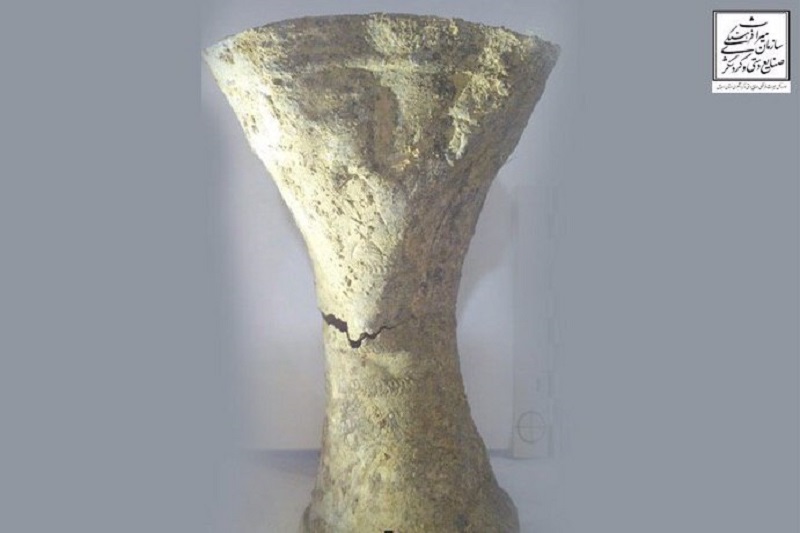
He noted that excavations and research by the experts showed that there was life in the area 300 years before the Achaemenid Empire, also known as the First Persian Empire which began in 550 B.C.
"The goblet can be compared with the silver goblets discovered at the Hasanlu region in (the Iranian province of) West Azerbaijan," he added, referring to the ancient archeological site located in Iran's Solduz Valley.
The silver goblet will be showcased in the Archaeological Museum of Khalkhal.

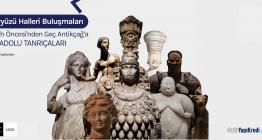

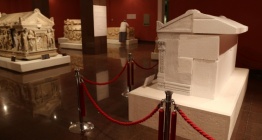
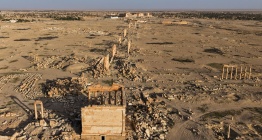
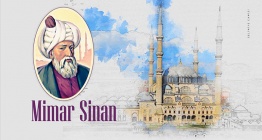


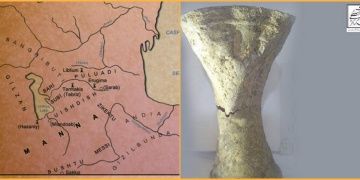
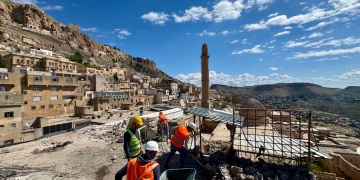 Mardin'in tarihi dokusunu bozan betonarme binaların yıkımına yeniden başlandı
Mardin'in tarihi dokusunu bozan betonarme binaların yıkımına yeniden başlandı 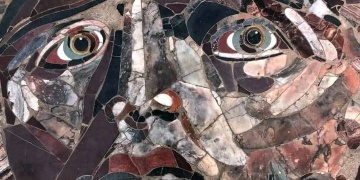 Medusa mozaiği ziyarete açıldı
Medusa mozaiği ziyarete açıldı  Adana'daki Kültür Yolu Festivali'nde 'Sabahçı Kahvesi' enstalasyon sergisi sürüyor
Adana'daki Kültür Yolu Festivali'nde 'Sabahçı Kahvesi' enstalasyon sergisi sürüyor  Mimar Sinan'ı tanıyor muyuz?
Mimar Sinan'ı tanıyor muyuz? 




